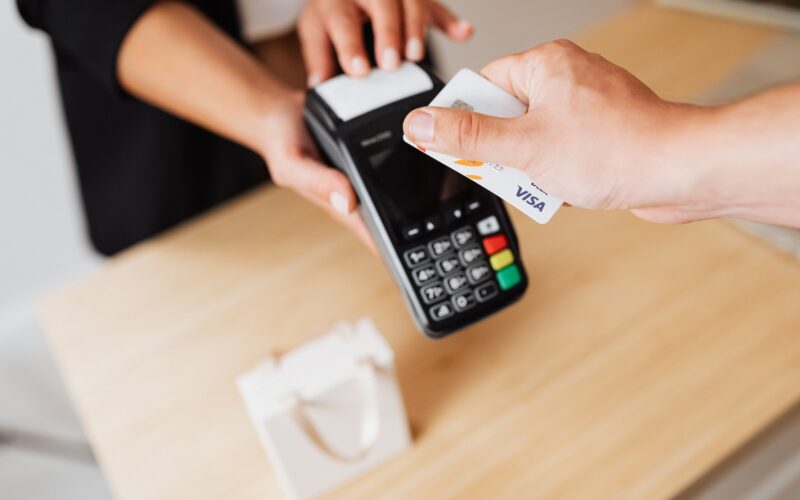High Risk Merchant Accounts: A Complete Guide ===
Setting up a merchant account is one of the most critical decisions that a business owner has to make. A merchant account allows businesses to accept debit and credit card payments from customers. However, some businesses are perceived as a high risk by banks and financial institutions, making it difficult for them to set up a merchant account. In this complete guide, we will explore what high risk merchant accounts are, the common types of high risk merchants, the advantages of having a high risk merchant account, how to choose the right high risk merchant account provider, understanding high risk merchant account fees, the application process, and tips for managing high risk merchant accounts.
H2: What is a high risk merchant account?
A high risk merchant account is a type of merchant account that is designed for businesses that are perceived as high risk by banks and financial institutions. High risk businesses are those that involve industries prone to fraud, high chargeback rates, or legal and regulatory issues. In other words, high risk businesses are those that have a higher likelihood of financial loss for the bank or merchant account provider. Examples of high risk businesses include online casinos, adult entertainment, travel, and pharmaceuticals.
To set up a high risk merchant account, businesses must go through a rigorous underwriting process that includes a credit check, business plan, and financial statements. The underwriting process is more stringent than that of a traditional merchant account to ensure that the bank or merchant account provider is protected from potential losses. Additionally, high risk merchant accounts typically have higher fees and reserves than traditional merchant accounts.
H3: How do high risk merchant accounts work?
High risk merchant accounts work similarly to traditional merchant accounts. However, because high risk businesses are perceived as more of a liability, the merchant account provider takes additional precautions to mitigate financial risk. The merchant account provider may require a higher percentage of sales to be held as a reserve, which is then released after a set period. The merchant account provider may also impose higher fees, such as transaction fees or chargeback fees, to cover potential losses.
When a customer makes a purchase, the payment is processed through the merchant account. The merchant account provider then sends the payment to the business’s bank account, minus any fees or reserves. High risk merchants must be vigilant in monitoring their accounts for chargebacks or fraudulent activity, which can result in financial loss. Therefore, it is essential that high risk merchants work with a reputable merchant account provider with experience in the high risk industry.
H2: Common Types of High Risk Merchants
Not all businesses are created equal, and some industries are perceived as more high risk than others. Knowing which industries are considered high risk can help businesses prepare for the rigorous underwriting process and higher fees associated with high risk merchant accounts.
H3: Which industries are considered high risk?
Industries that are perceived as high risk include online gambling and casinos, adult entertainment, travel, nutraceuticals and pharmaceuticals, debt collection and credit repair, telemarketing, and online auctions. These industries typically have high chargeback rates, legal and regulatory issues, and a higher likelihood of fraudulent activity. However, not all businesses within these industries are considered high risk; it ultimately depends on the individual business’s financial and regulatory history.
H3: What are the criteria for being classified as a high risk merchant?
To be classified as a high risk merchant, a business must meet certain criteria, such as being in a high-risk industry, having a high chargeback rate, having poor credit or financial history, or having legal or regulatory issues. The merchant account provider will conduct a thorough underwriting process to assess the risk associated with the business. Factors that are considered during the underwriting process include the business’s credit history, financial statements, business plan, and industry reputation.
In conclusion, high risk merchant accounts are a necessity for businesses that are perceived as high risk by banks and financial institutions. Although high risk merchant accounts come with higher fees and stringent underwriting processes, they offer several advantages, such as increased payment processing options and the ability to accept debit and credit card payments from customers. When selecting a high risk merchant account provider, businesses should consider factors such as experience in the high risk industry, reputation, and fees. By following best practices for managing high risk merchant accounts, businesses can prevent chargebacks and fraudulent activity, ensuring a successful and profitable business.













